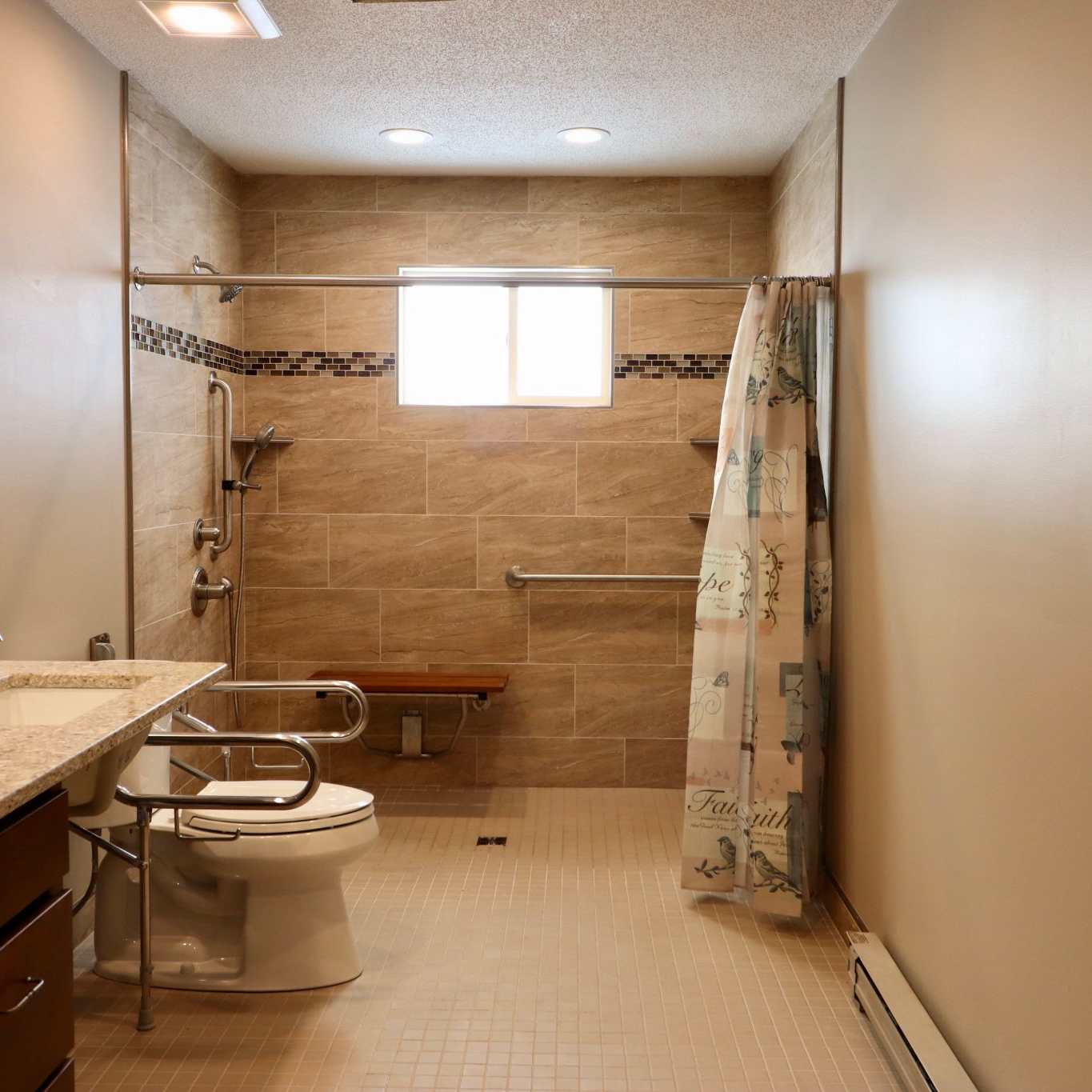
Introduction
The ability to light up our homes, streets, and cities has become an essential part of modern life. We rely on lighting not just to keep us comfortable, but also to keep us safe, productive, and connected. In this article, we will explore the many benefits of keeping the lights on and why it’s important to maintain proper lighting in our communities.
Importance of Lighting
Lighting serves various purposes, the most apparent of which is illuminating our environments. It allows us to see things clearly, increases visibility on roads, and helps avoid accidents. Proper lighting also enhances our sense of security and reduces crime rates in poorly lit areas. Moreover, it promotes economic and social activities like sports events, business operations, and social gatherings, which would have been difficult or impossible in the absence of proper lighting.
Benefits of Lighting
There are numerous benefits to keeping the lights on, and some of these include:
1. Safety and security:
Proper lighting deters criminal activity, making us less vulnerable to theft, vandalism, and other crimes. It also provides a sense of comfort and security to pedestrians and motorists, reducing the chances of accidents and injuries.
2. Increased productivity:
Appropriate lighting in workplaces can reduce eye strain, headaches, and fatigue, leading to increased productivity, accuracy, and quality of work.
3. Better mental health:
Lighting also affects our psychological well-being, with studies showing that exposure to bright light can improve mood, fight depression, and reduce anxiety.
4. Energy savings:
Energy-efficient lighting options such as LED bulbs reduce energy consumption and lower electricity bills, contributing to a more sustainable future.
The Dark Side of Inadequate Lighting
On the other hand, inadequate lighting can have adverse effects on our health, safety, and economy. It can lead to accidents, cause eye strain, and negatively impact our psychological and emotional states. Poor lighting can also affect property value, deter potential buyers, and discourage investments in the area, leading to reduced economic development.

